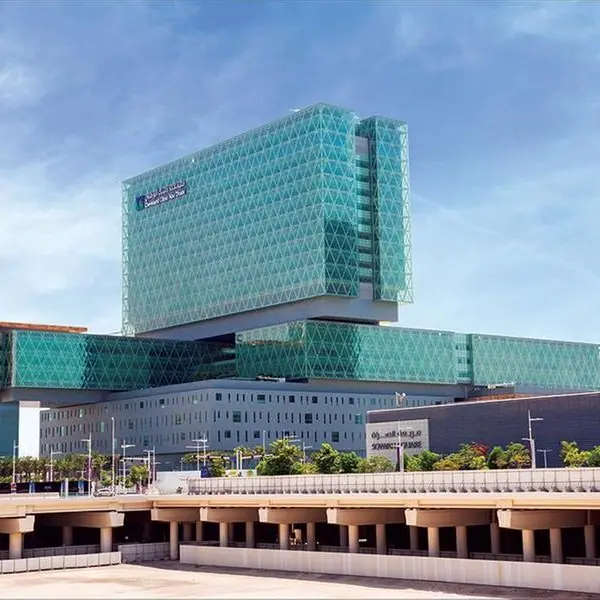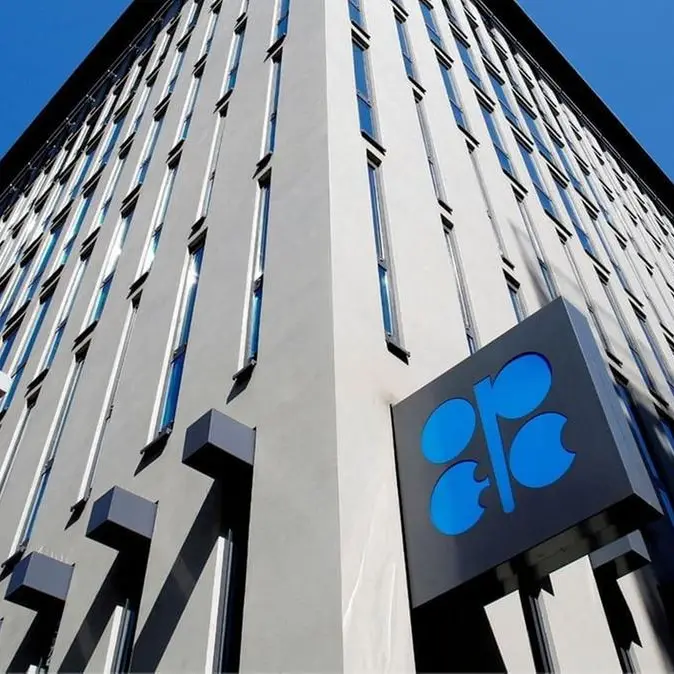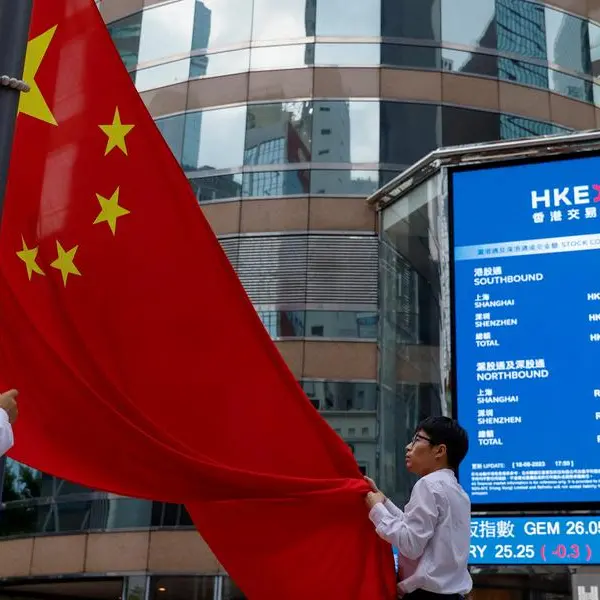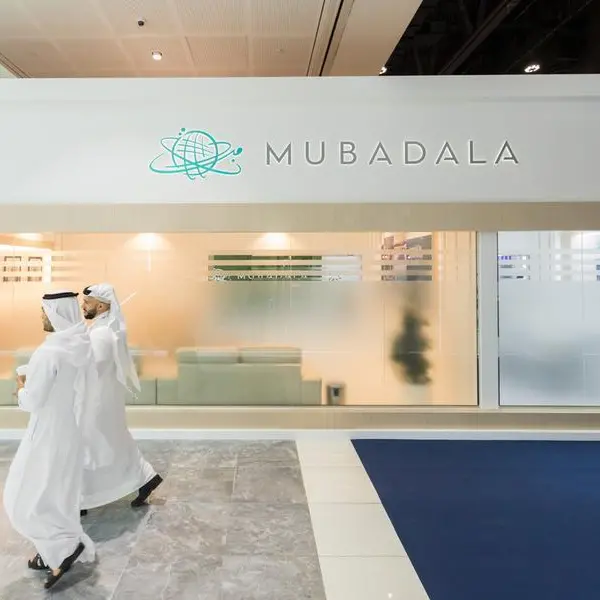PHOTO
Investors are piling into exchange traded funds focused on companies that are reviving or expanding production in the U.S. and taking advantage of government subsidies.
Some $2.25 billion has flowed into a small group of ETFs highlighting the so-called reshoring theme this year, bringing their total assets to a record $9.67 billion by the end of August.
"Companies keep referring to reshoring as a long-term driver of their growth, and our goal is to find beneficiaries or enablers of that trend before that theme is mainstream," said Chris Semenuk, who oversees the actively managed Tema American Reshoring ETF, launched last year.
Its assets have grown from $6 million in May 2023 to $101.5 million as of the end of August. The fund is up nearly 16% year-to-date, compared with a 17.7% gain in the S&P 500.
Manufacturers have been moving production to the United States to avoid supply chain snarls and duck tensions between Washington and Beijing that are drying up investment in China.
Congress approved more than $1 trillion in funding for new infrastructure projects in late 2021 and passed a bill that will provide another $200 billion for chips manufacturing the following summer.
Several high-profile corporate moves have also helped drive interest, including Taiwan Semiconductor Manufacturing Co's (TSMC) decision to boost the size of its investment in new Arizona fabrication plants to $65 billion or the federal government's award of up to $500 million to Century Aluminium to build the first aluminum smelter in the U.S. in 45 years.
BlackRock is the latest and largest of the ETF providers competing for investor dollars as interest in the reshoring theme is fueled by the central role the economy and job creation are taking in the U.S. presidential race. It launched the iShares U.S. Manufacturing ETF in July.
"These stocks could benefit whichever party wins the election," Jay Jacobs, head of thematic and active ETFs at BlackRock, told Reuters in the latest episode of “Inside ETFs.” "It's a rare area of consensus across the aisle."
Shares of the ETF have climbed 3.5% over the last 30 days compared with a roughly 0.9% gain for the S&P 500, according to LSEG. The new BlackRock fund now has nearly $6 million in assets.
Strong performers in the U.S. manufacturing sector include Caterpillar and Eaton Corp., which are up 16.4% and 27.6% year-to-date, respectively. The S&P 500 industrials sector, home to many of the companies whose shares are owned by the ETFs, is up 13.5% this year.
To be sure, an influx of weaker-than-expected economic data in recent months, including an unexpected dip in U.S. manufacturing construction spending, has raised concerns that U.S. growth may be starting to soften. The Federal Reserve is expected to cut interest rates for the first time in years at its Sep. 17-18 meeting in a bid to ease monetary policy ahead of any potential economic slowdown.
At the same time, some stocks have become more richly valued as the broader market has rallied. The industrials sector, for example, is trading at a forward price-to-earnings multiple of 26.7, compared with 19.2 a year ago.
"Attractively priced opportunities are few and far between; the kind of valuations we saw in early 2020 are not there any more," said Jeff Muhlenkamp, manager of the $249 million Muhlenkamp Fund, a mutual fund.
Nor, he added, is reshoring an automatic ticket to above-average returns. Companies expanding or "repatriating" manufacturing facilities to the U.S. will likely find themselves facing higher labor and raw materials costs.
Whether that will slow the strong growth the funds have experienced this year remains to be seen. Assets in the $1.5 billion First Trust RBA American Industrial Renaissance ETF , which made its debut in 2014, have tripled in the last 12 months, while those in the $8.04 billion Global X U.S. Infrastructure Development ETF, rolled out in 2017, have grown 50% in the same period, according to Morningstar.
The latter fund also has seen year-to-date returns of 26.6%, outpacing the S&P 500, according to LSEG.
Jacobs sees this as just the start.
"If anything, this is more of an entry point for investors," he said.
(Reporting by Suzanne McGee; Editing by Ira Iosebashvili and Jonathan Oatis)





















